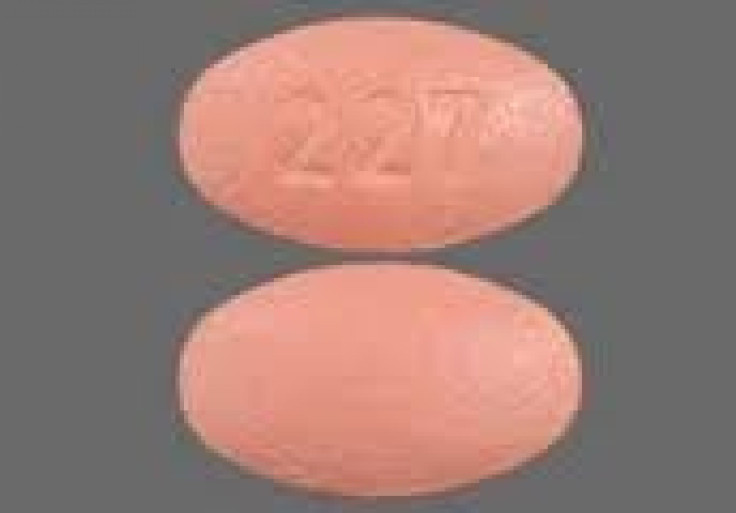Merck ends late stage Isentress study in HIV patients

Pharma giant Merck (MRK) said it discontinued Isentress (raltegravir) once daily study in treatment-naïve adult HIV-1 patients after it failed to show non-inferiority to the treatment regimen that included Isentress twice daily.
However, the treatment regimen that included Isentress once daily enabled more than 80 percent of patients to achieve viral suppression, the company said.
Merck said it will notify clinical investigators of this decision this week and is recommending that patients enrolled in the once-daily dosing arm of the study be switched to Isentress twice daily, the FDA-approved dose.
After 48 weeks in the study, 83.2 percent of patients receiving the regimen including Isentress once daily achieved undetectable viral levels, compared to 88.9 percent of patients receiving the regimen including Isentress twice daily.
The treatment difference between the 800 mg once daily group and 400 mg twice daily group was -5.7 percent, with an associated 95 percent confidence interval of (-10.7 percent, -0.83 percent). A confidence interval is an interval in which a measurement or trial falls corresponding to a given probability.
The treatment difference did not meet the pre-defined statistical criteria for non-inferiority, New Jersey-based Merck said.
Raltegravir (brand name Isentress) is an antiretroviral drug produced by Merck used to treat HIV infection. It received approval by the U.S. Food and Drug Administration (FDA) in October 2007, the first of a new class of HIV drugs, the integrase inhibitors, to receive such approval.
Shares of Merck were down 30 cents at $34.49 in pre-market hours Monday. The stock closed Friday's regular trading session at $34.79.
© Copyright IBTimes 2024. All rights reserved.











